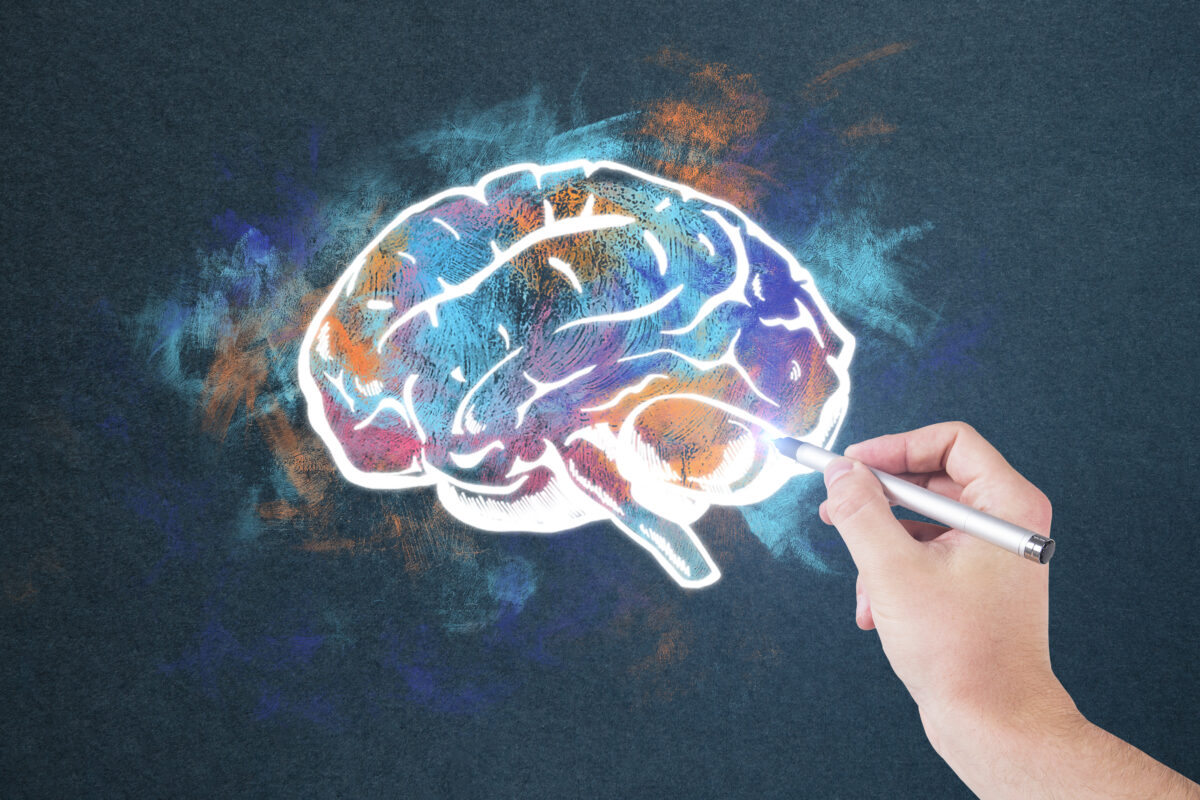According to 1-3-6 guidelines, all babies should have their hearing screened by one month of age, those who do not pass have a diagnostic evaluation by three months of age, and those who are identified as deaf and hard of hearing be enrolled in appropriate early intervention by six months of age.
However, as a country, we are not meeting all three of these milestones. According to the Centers for Disease Control and Prevention (2023), 98 percent of newborns received a hearing screening shortly following birth in 2021 (the most recent year in which data is available). Hooray! However, only 42.7 percent of babies who did not pass their newborn hearing screening (NBHS) received their diagnostic evaluation by three months of age. Lastly, only 42.2 percent of those babies identified as deaf and hard of hearing were enrolled in early intervention by six months of age.
We have a lot of work to do! So, why are we not meeting these goals? What role did COVID-19 play in these percentages?
Veeranna and colleagues (2024) examined hearing screening referral rates over a three-year period, including testing performed pre-pandemic (2019) and during the first two years (2020 and 2021) of the onset of COVID-19.
A retrospective analysis of more than 8,000 hearing screening referrals utilizing automated auditory brainstem response (ABR) from a large level II trauma center was undertaken. Results revealed that while there was no significant change in the number of infants screened between pre-pandemic and post-pandemic, a significant number of babies born to mothers who had COVID-19 during pregnancy were premature. However, there was no significant difference in NBHS referral rates between mothers who did and did not have COVID-19 during pregnancy.
References
Center for Disease Control and Prevention. (2023) 2021 Annual Data Early Hearing Detection and Intervention (EHDI) Program. (accessed June 5, 2024).
Veeranna SA, Marx CG, Choi HW, White C, Ward K. (2024) A retrospective analysis of newborn hearing screening outcomes in infants whose mothers were COVID-19 positive during pregnancy. J Early Hear Detect Interv 8(2):34–38.
Recent Posts
House Minibus Advances with Mixed Outcomes for EHDI
Last week, the U.S. House of Representatives passed a fiscal year (FY) 2026 minibus appropriations package that includes the Labor, Health and Human Services, and…
State Policy Advocate Network Kicks Off 2026
The State Policy Advocate Network (SPAN) will hold its first meeting of 2026 on January 28 from 8:00–9:00 pm ET. This opening meeting of the…
Developmental Timing of Auditory Deprivation Influences Spatial Memory and Hippocampal Plasticity in Rats
Mirsalehi et al. (2025) published a recent article studying auditory deprivation and related changes in spatial memory and hippocampal structure in rats. This study initially…


